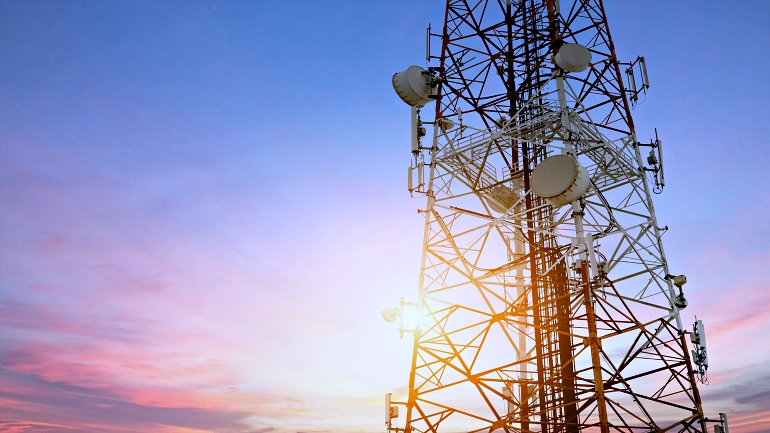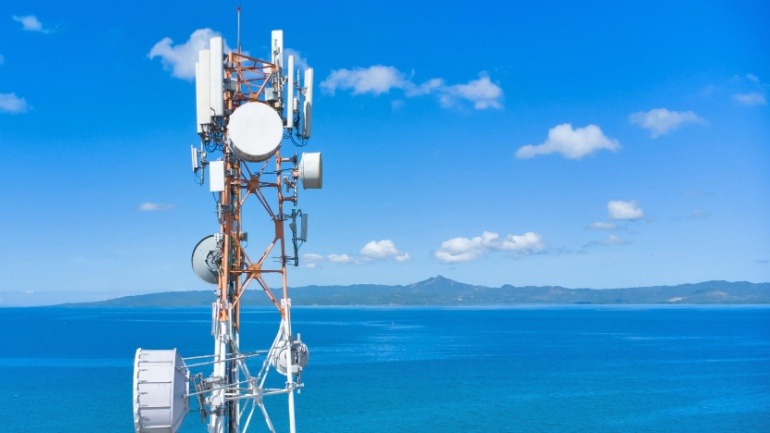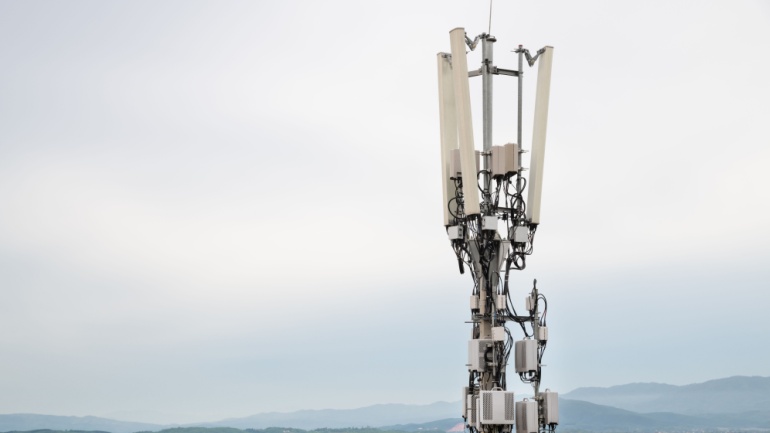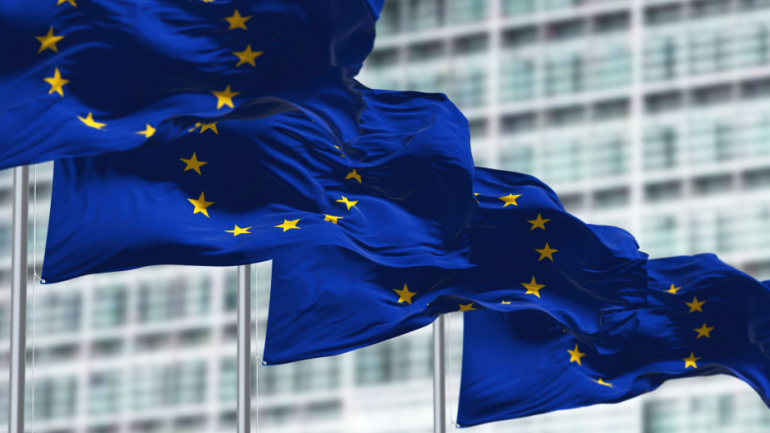Vodafone has made a move that could put an end to the global dominance of the three main telecom equipment providers – Huawei, Ericsson and Nokia – by starting trials on open access radio technology in the UK. The company is the first wireless carrier to run European tests of Open Radio Access Networks (OpenRAN), a cellular infrastructure technology that may increase the number of companies supplying telecom network equipment and assist in connecting more of the world’s most remote communities using lower cost systems. In a statement, Vodafone said that “the global supply of telecom network equipment has become concentrated in a small handful of companies over the past few years” and added that a wider choice of suppliers will increase flexibility and innovation, thus helping to address some of the cost challenges of internet services in rural communities. Telecom operators use RAN infrastructure, masts and antennae…
Vantage Towers is considering selling its Spanish telecom tower assets amid a pricing conflict with Vodafone Spain. In collaboration with Morgan Stanley, the sale could fetch €1 billion, attracting interest from firms like Cellnex and American Tower.
SonicWall’s CSE is offering secure, cost-effective remote and internet access for cloud migrations. Alphabet is negotiating to acquire cybersecurity firm Wiz for $23 billion. Cresta’s 2024 State of the Agent Report shows U.S. contact center agents are enthusiastic about generative AI. Spanish trade unions have accepted Zegona Communications’ revised workforce reduction plan for Vodafone Spain.
Ericsson, Vodafone, and Qualcomm Technologies recently pioneered data transmission via RedCap on a European network for the first time, unlocking a more streamlined, efficient mode of connectivity for IoT and other devices. Tested on Vodafone Spain’s 5G platform, the Ericsson’s RedCap technology enhances connectivity potential while providing economic and efficient data transmission. Furthermore, the demonstration introduced a new technology, New Radio Light, for extending battery life of customer devices.
Telecom News | Week #44: T Challenge, End of Vodafone Spain, Nokia’s Technology Strategy 2030, Samsung and O2 testing vRAN.
The 2Africa subsea cable, touted as the world’s largest, now includes a direct connection to the UK thanks to Vodafone’s involvement. This ambitious project highlights significant global collaboration, with key partners including Bayobab, Center3, China Mobile International, Meta, Orange, Telecom Egypt, and WIOCC. The inclusion of both US and Chinese interests is particularly remarkable, showcasing cooperation despite ongoing geopolitical tensions.
Spain’s top three mobile operators have struck a deal to share spectrum in the 700 MHz band, aiming to improve rural coverage and secure government funding. This agreement involves Telefonica’s Movistar, the newly formed MasOrange, and Vodafone’s Spanish division.
Telefónica Tech has entered into a collaboration with Microsoft to enhance its cybersecurity services by incorporating Microsoft’s AI tools. This partnership aims to provide customers with proactive, integrated, and automated real-time security management.
As debate swirls around potential alterations to EU telecom sector merger regulations, European Commissioner Margrethe Vestager maintains her stance. Even with industry pressure for a shakeup due to challenges like 5G rollouts and shrinking profit margins, she insists on preserving existing rules.
In a fiercely competitive telecom landscape, where operators strive to meet the ever-increasing consumer demand for fast, accessible, and reliable 5G networks and services, MedUX, a leader in international fixed and mobile network testing and benchmarking, has released exclusive research on 5G performance in the UK’s capital. This comprehensive report reveals that EE not only leads in 5G reliability but also is able to provide the overall finest Quality of Experience (QoE) in London, with a score of 4.61 out of 5.













